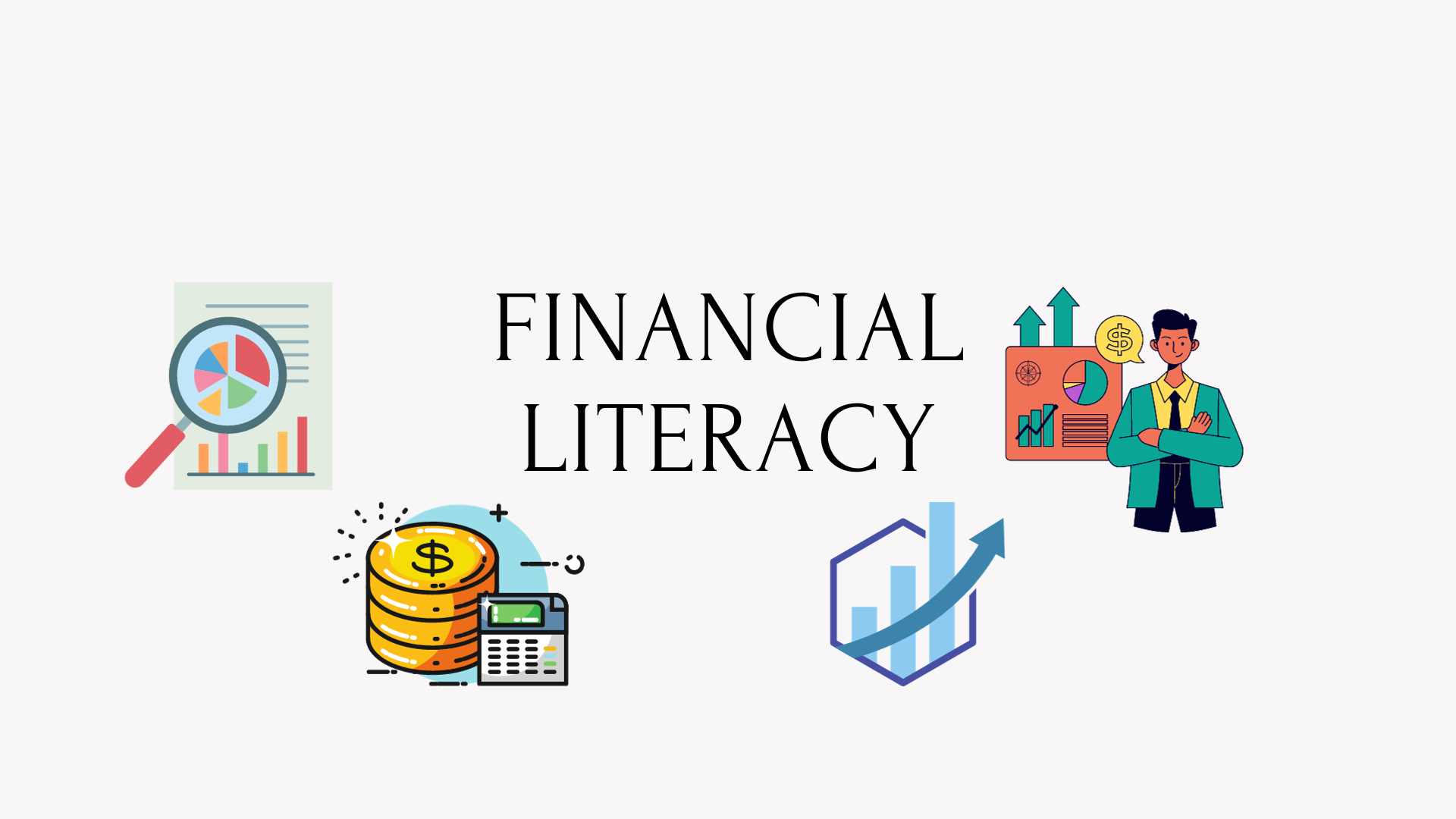
As India aspires to cement its position on the global financial stage, it’s alarming to find that only 27% of its adults, and just 24% of women, match the Reserve Bank of India‘s financial literacy standards, underscoring a significant gap in financial literacy. In comparison, developed nations like the US have 62% men and 52% women who are financially literate. This alarming statistic underscores the urgent need for a turnaround in financial education and empowerment.
In this context, fintech emerges not just as a beacon of innovation but as a lifeline. Representing the fusion of finance and technology, fintech isn’t merely about the future of money, it’s a pivotal tool in ensuring the next generation is financially literate and empowered.
The world is changing at a breakneck pace, driven in large part by technological advancements. For the next generation, set to navigate an increasingly complex global economy, understanding financial principles becomes a lifeline.
The imperative of financial literacy
Financial literacy, at its core, is about understanding how money works—earning, spending, saving, and investing. It’s about making informed choices that secure one’s financial future. With economic uncertainties, fluctuating markets, and the rising cost of living, a sound understanding of financial principles becomes a lifeline.
But where does fintech come in? Traditional methods of financial education, often dry and detached from practical reality, have proved inadequate for many. Enter fintech, with its array of interactive tools, apps, and platforms, designed not just to inform, but to engage.
Bridging the gap through education and accessibility
Modern fintech platforms have revolutionised the way we approach personal finance. Instead of dense textbooks or complex seminars, these apps simplify tricky financial concepts into daily, actionable habits. From setting savings goals to understanding investment risks, fintech platforms provide a hands-on approach to financial education.
To think of it, fintech isn’t just about the urban, tech-savvy youth. Its potential lies in its accessibility. For those in remote or underserved areas who might feel alienated from traditional banking systems, fintech offers a welcoming door. With a smartphone and internet connection, financial services, once restricted to marble-floored banking halls, are now available to all.
Moreover, considering the rapidly increasing mobile penetration in India, where over 70% of the population owns a smartphone, access to fintech services is becoming even more widespread. This surge in mobile adoption ensures that even individuals in the most remote corners of the country can easily connect to fintech platforms, breaking down barriers and empowering them with financial tools and resources.
Fintech, with its emphasis on accessibility, is not just a trend; it’s a transformative force that democratises financial services and education for everyone, regardless of location or background.

.thumbnailWrapper
width:6.62rem !important;
.alsoReadTitleImage
min-width: 81px !important;
min-height: 81px !important;
.alsoReadMainTitleText
font-size: 14px !important;
line-height: 20px !important;
.alsoReadHeadText
font-size: 24px !important;
line-height: 20px !important;

Personalised trust in the digital financial era
In today’s digital age, fintech shines by making finance both relatable and secure. Recognising that everyone’s financial journey is unique, shaped by their aspirations, hurdles, and life events, various fintech platforms step away from one-size-fits-all advice. Instead, by analysing personal data, these platforms offer tailored investment advice, ensuring that financial strategies align closely with individual needs, making the realm of finance both approachable and resonant.
While personalising finance is great, keeping data safe is crucial. In a world where data is super valuable, it can also be at risk. Fintech companies know this and work extra hard to protect our details. They use things like biometric verification, encrypted transactions, and two-factor authentication to keep data safe. This focus on security helps build trust, especially for younger folks, making them feel more positive and surer about managing their money online.
Molding the financial future
Beyond just literacy, fintech is shaping broader financial behaviours. As the world moves towards digital transactions, fintech tools ensure the next generation is well-equipped. Digital wallets, online transaction systems, and budget trackers not only offer convenience but instil discipline. Early exposure to these tools ensures that future adults will be more adept at managing their finances, making informed decisions, and avoiding common financial pitfalls.
Furthermore, platforms focusing on credit education are invaluable. They demystify credit scores, helping young individuals grasp their importance and ways to enhance them.
In today’s financial landscape, it’s not merely about money; it’s about knowledge, understanding, and making well-informed decisions. Fintech isn’t just moulding the future of currency; it’s shaping the destinies of individuals. Picture the immense satisfaction parents would feel knowing that their child is financially literate—possessing the skills to manage money wisely and take charge of their finances with confidence.
By integrating financial literacy into the education curriculum and investing time as parents to make our kids aware of it, we’re not only ensuring their financial well-being but also fortifying the financial future of our world. With fintech at the forefront, the horizon looks promising, filled with informed, empowered, and financially adept individuals who are equipped to navigate the complexities of our evolving global economy.
(Sunil Shirguppi is SVP and Country Head for Greenlight in India.)
Edited by Kanishk Singh
(Disclaimer: The views and opinions expressed in this article are those of the author and do not necessarily reflect the views of YourStory.)




![Read more about the article [Funding alert] ChrysCapital invests $50M in D2C brand WOW Skin Science](https://blog.digitalsevaa.com/wp-content/uploads/2021/04/Imaged47z-1617860610425-300x150.jpg)





